Book of the Day Roundup: September 15-19, 2025
I Wish I Didn’t Have to Tell You This
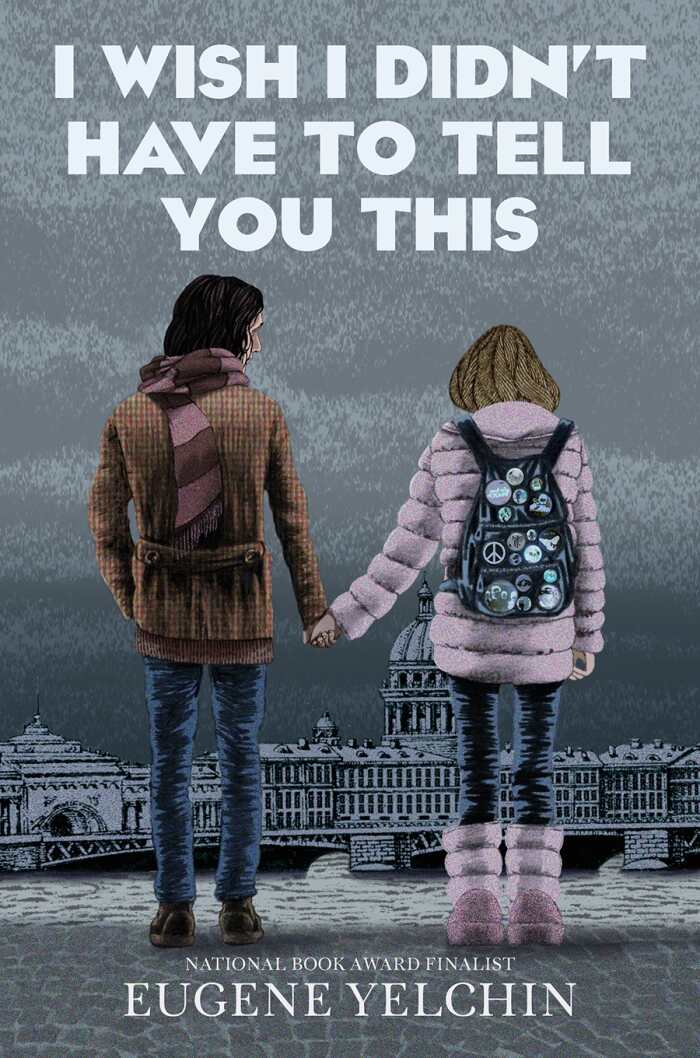
Eugene Yelchin
Candlewick
Hardcover $22.99 (432pp)
978-1-5362-1553-3
Buy: Local Bookstore (Bookshop)
An artist seeks freedom from oppressive Russian authorities in Eugene Yelchin’s graphic memoir I Wish I Didn’t Have to Tell You This.
In 1980, Yelchin, an aspiring artist, is excited to be included in an exhibition of paintings, hidden from the watchful eyes of the KGB. There he meets an American student, Libby, and they began a romantic relationship. Yelchin’s friend, meanwhile, is killed by the KGB.
Libby agrees to marry Yelchin, but their application is delayed. She returns to the US; he accepts a design position in Siberia. While there, his health is affected by a nearby nuclear plant, and he is forced to kowtow to his Soviet superiors. After he angers his overseers, he is committed to a mental institution. In 1982, he is released and reunited with Libby, returned to Leningrad. They marry, but Yelchin is unable to escape Russia until his mother steps in and calls on a favor.
The achromatic art style and occasional use of photographic images of Leonid Brezhnev create a tense, claustrophobic mood—fitting for a story in which KGB forces lurk around every corner. As his image of Russia as a homeland fades and is replaced by that of an oppressor, Yelchin experiences heartbreak. He and Libby are fleshed out via the intrigue they face, including decisions that carry uncertainty and great risk. Secondary characters, including Yelchin’s mother and grandmother, show great complexity and the capacity to change.
I Wish I Didn’t Have to Tell You This is a gripping graphic memoir about an escape from Soviet Russia.
PETER DABBENE (August 25, 2025)
Bad Indians Book Club
Reading at the Edge of a Thousand Worlds
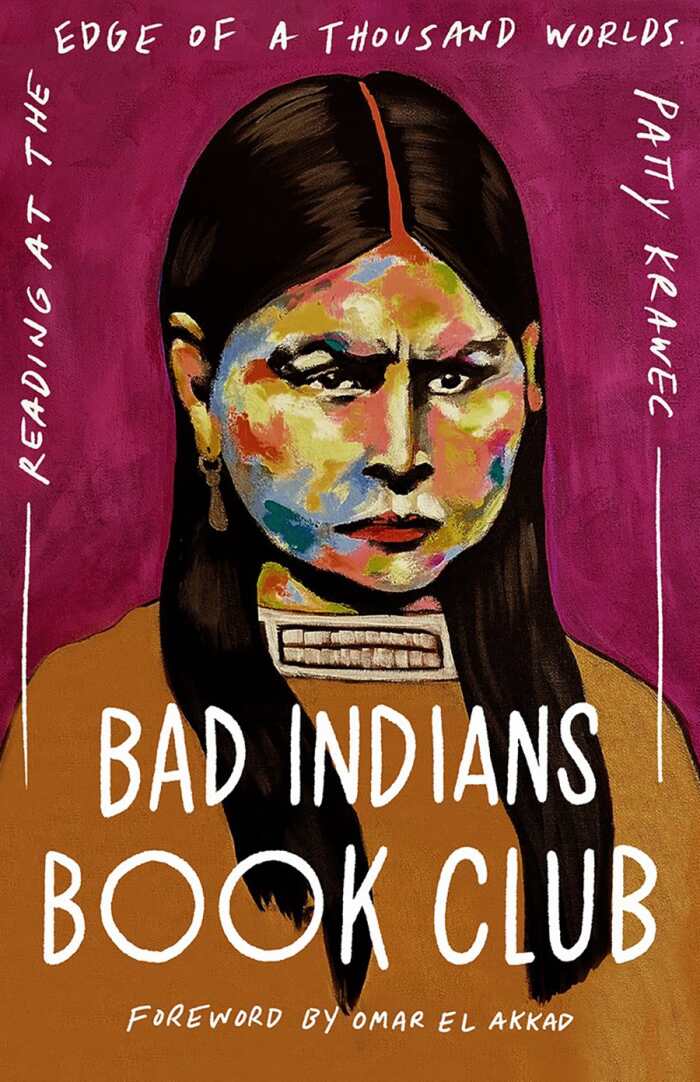
Patty Krawec
Broadleaf Books
Hardcover $27.99 (231pp)
978-1-5064-9912-3
Buy: Local Bookstore (Bookshop)
Bad Indians Book Club, Patty Krawec’s compelling work of literary criticism, centers stories written by marginalized people.
Focused on Indigenous culture and showing that reading is essential and that addressing the hard truths of history is a necessity, this is a book about colonization, community, and their ties to, and reflections in, modern and historical literature. It examines works including Octavia Butler’s Parable of the Sower and a book about the Salem witch trials. Science, traditional medicine, and Anishinaabe origin stories are incorporated in a flowing and accessible manner, while challenging subjects including race and historical trauma are handled in a reflective, careful way.
Each essay is multidisciplinary. In one, patriarchy and gender roles are discussed; Krawec digs into the “us but not you” concept and includes references to alternative forms of feminism, referencing indigenísta feminism and the kyriarchy. Historical factors including enslavement are untangled amid references to media like Reservation Dogs.
Stories about Kwe, a girl whose body merges with that of a fawn, are included after each essay, too. As Kwe navigates colonization, she is pushed into traumatic situations, like an attempted assault outside her place of work. After an unexpected death is revealed, Kwe reflects: “The gunpowder and violence I associated with it crowded my memories, a trail of smoke leading to an old story.” And throughout, Krawec interweaves her personal stories with those of fellow authors to encourage reassessments of normalized but faulty beliefs, as with the idea of “Bad Indians” who don’t follow the path of colonization.
A detailed and exploratory work of literary criticism, Bad Indians Book Club examines culture and colonization through a multitude of written works.
JENNIFER MAVEETY (August 25, 2025)
Somebody Should Do Something
How Anyone Can Help Create Social Change
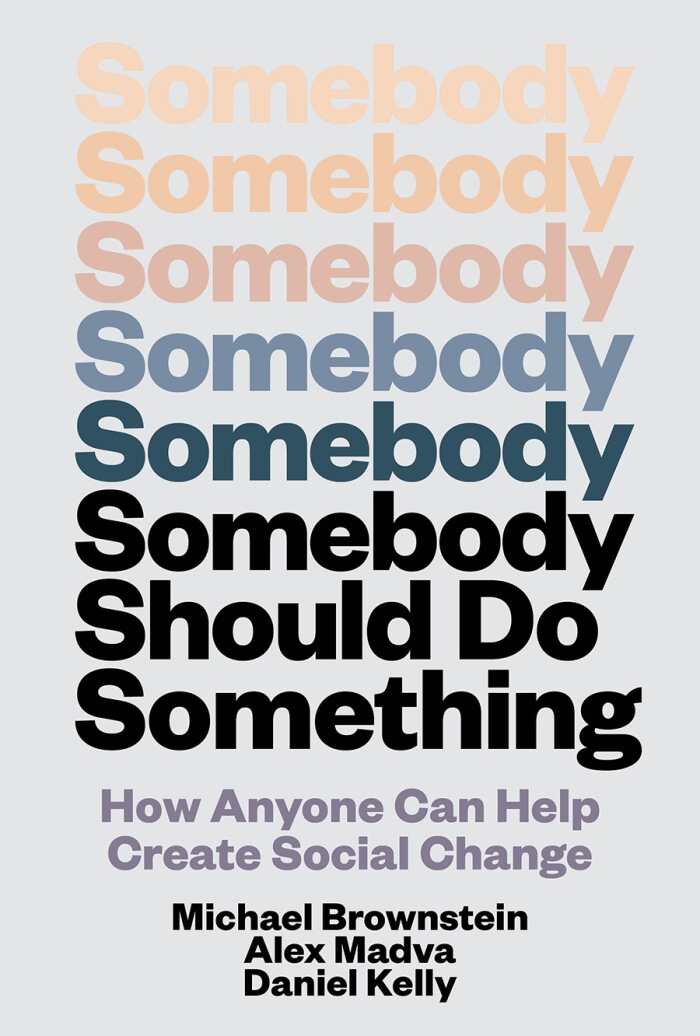
Michael Brownstein
Alex Madva
Daniel Kelly
The MIT Press
Hardcover $32.95 (352pp)
978-0-262-04978-8
Buy: Local Bookstore (Bookshop)
Philosophers Michael Brownstein, Alex Madva, and Daniel Kelly’s social science study Somebody Should Do Something maps how well-meaning people get stuck between personal virtue and structural inertia when confronting “everything problems.”
The book’s answer to confronting issues including climate change and racism is a both-and model of change, whereby individuals change systems, and systems change individuals. Challenging either-or thinking, it revisits publicity campaigns including Keep America Beautiful’s “Crying Indian” to show how corporate interests reframe systemic issues, including pollution and public health, as failures of personal responsibility. Pointing to connected concepts, such as the “personal carbon footprint” that originated from fossil fuel public relations teams, the book shows how such tactics hamper efforts toward progressive change, as with focus on workplace DEI rather than policy reform.
The book’s accessibility is aided by its flowing, extensive chapter-by-chapter notes. And its academic credibility is further enhanced through several case studies. Evocative metaphors, as of “the cycle is the story,” bring complex structures into focus.
Persuasive and informative, the book includes a healthy dose of hopefulness. It argues that social change happens through individual heroics and commitment and sustained coalitional effort. Deep insights into how modest individual actions can trigger tipping points when aligned with collective efforts are proffered. For example, the “change your lightbulb” and “change the system” arguments found in climate change discourses give way to examples of groups including the NRA and Mothers Against Drunk Driving that shifted policy by reframing public will.
Somebody Should Do Something is an excellent social science book that lights a path to change for some of the pressing problems impacting the US and the world.
PINE BREAKS (August 25, 2025)
Claudia Said Sí!
The Story of Mexico’s First Woman President
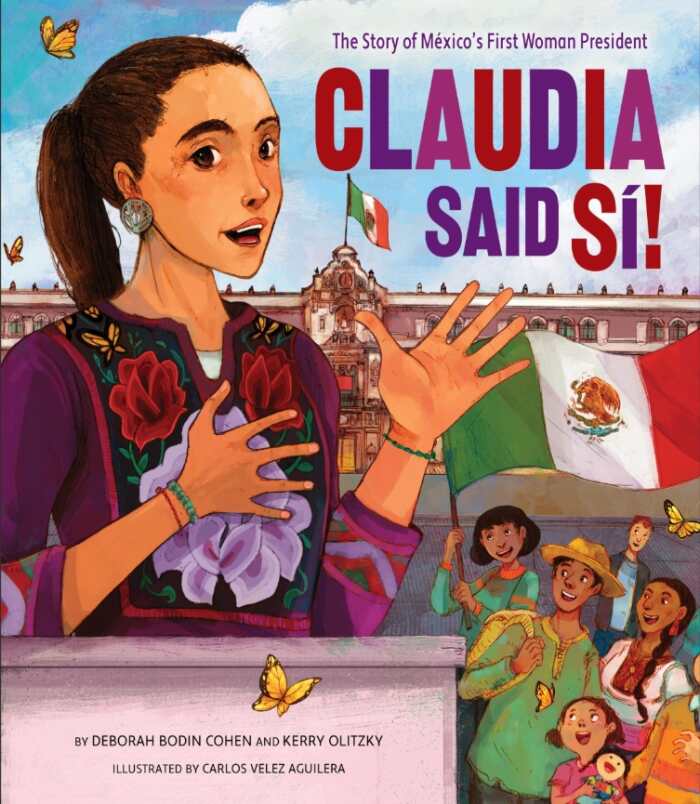
Deborah Bodin Cohen
Kerry Olitzky
Carlos Velez Aguilera, illustrator
Apples & Honey Press
Hardcover $19.95 (32pp)
978-1-68115-713-9
Buy: Local Bookstore (Bookshop)
The first woman, first Jewish person, and first scientist to become president of Mexico, President Claudia Sheinbaum gets her due in this biographical picture book about believing in yourself, in your dreams, and in a better world for all. The arrival of mariposas (butterflies) in Mexico City heralded Hanukkah in Claudia’s youth; as she got older, their dwindling numbers signaled a crisis she sought to avert. From Nobel Peace Prize winner to mayor to president, this book tracks a remarkable woman’s remarkable life.
DANIELLE BALLANTYNE (August 25, 2025)
Isabela’s Way
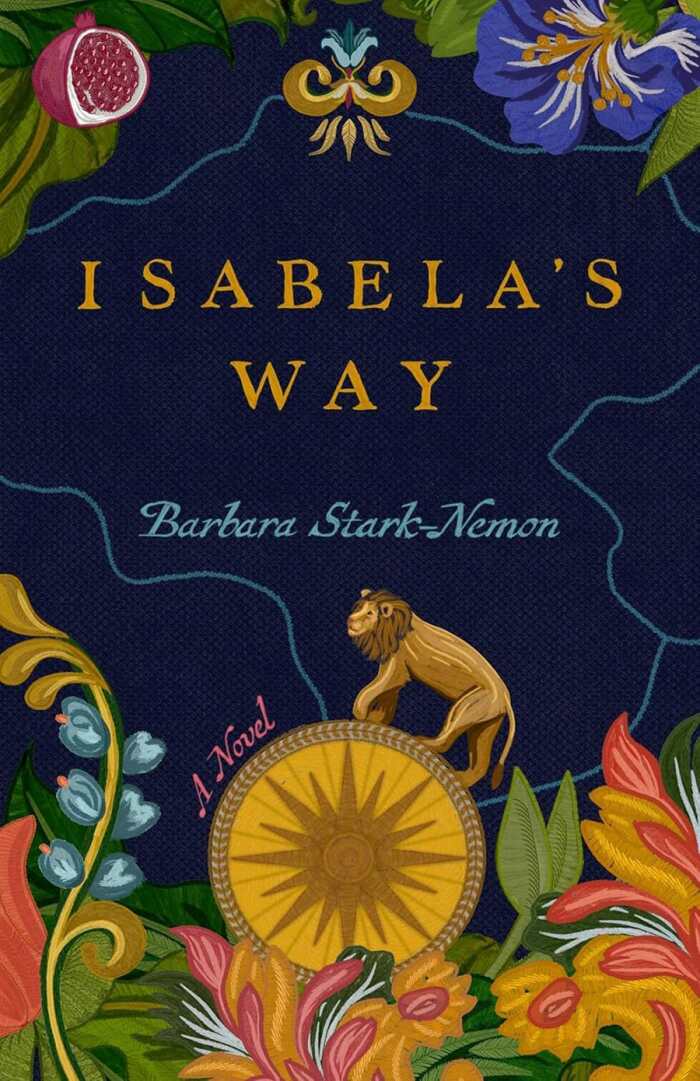
Barbara Stark-Nemon
She Writes Press
Softcover $17.99 (256pp)
978-1-64742-964-5
Buy: Local Bookstore (Bookshop)
Barbara Stark-Nemon’s elegant, suspenseful historical novel Isabela’s Way follows the escape route of a Portuguese girl fleeing the horrors of the Inquisition.
In 1605, while her father is away on business, fourteen-year-old Isabela loses her mother to the plague. Her family is known for its beautiful embroidered items; Isabela inherited her mother’s needlework talents and, despite her youth, continues to fulfill embroidery orders in her father’s absence. But Isabela is put under further duress when she learns that, due to encroaching Christian inquisitors, she will have to leave her home. Though Isabela believes she is a Christian, she later discovers that she was born into a Jewish family. And while other “New Christians” in the community claim to be Catholic converts, they maintain Jewish religious practices with clandestine devotion.
As Isabela joins a secret network of persecuted Jews, she is tasked with embroidering coded symbols onto decorative doorway banners. Specific depictions of roses, candles, stars, and lions for the Lion of Judah indicate whether a designated place along the travelers’ route is safe or not. The book sustains tension as Isabela and other fugitives venture north to France and Germany against a meticulous backdrop of historical details, sensual notes about natural beauty, and descriptions of exquisite, intricate embroidery patterns.
The shifting perspectives broaden the story beyond Isabela’s perception. Ana, a healer and herbalist, is included, as is Isabela’s father, Gabril. Romance develops on various levels, from Isabela’s burgeoning relationship with David, who helps navigate their escape, to Ana’s love of a Kabbalist merchant, Eduardo. And in a heartening yet covert alliance, both Jews and Christians unite to defy the Inquisition’s prolonged tyranny.
The entrancing historical novel Isabela’s Way extols the power of subversion and defiance against persecution.
MEG NOLA (August 13, 2025)
Kathy Young
